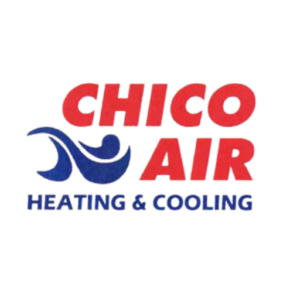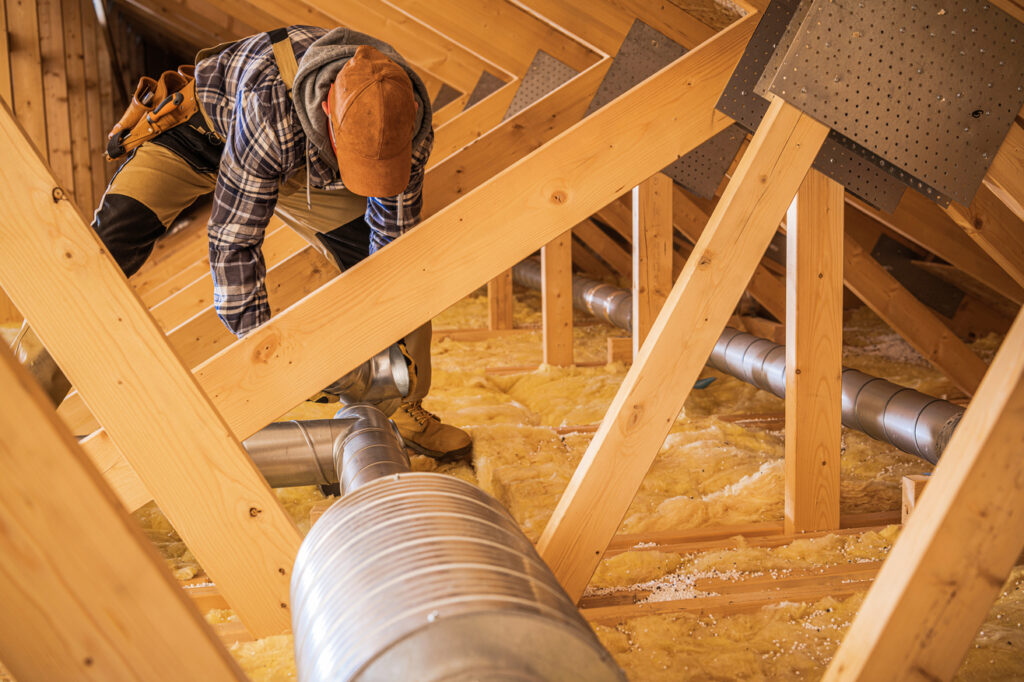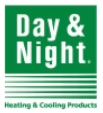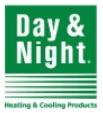Indoor air quality (IAQ) is a critical aspect of maintaining a healthy living environment. With individuals spending a significant amount of time indoors, the quality of the air we breathe is more important than ever. Poor indoor air quality can lead to various health issues, including respiratory problems, allergies, and even long-term health effects.
Common Indoor Air Pollutants and Their Sources
- Volatile Organic Compounds (VOCs): VOCs are emitted as gases from various household products, including paints, cleaning supplies, and building materials. High levels of VOCs can cause eye, nose, and throat irritation, headaches, and damage to the liver, kidneys, and central nervous system.
- Particulate Matter (PM): PM consists of tiny particles suspended in the air, such as dust, pollen, mold spores, and pet dander. These particles can exacerbate respiratory issues and trigger allergies and asthma attacks.
- Biological Contaminants: These include bacteria, viruses, and mold, which can grow in damp or poorly ventilated areas. Exposure to biological contaminants can lead to respiratory issues, allergies, and other health problems.
- Radon: Radon is a naturally occurring radioactive gas that can enter homes through cracks in the foundation or other openings. Long-term exposure to radon has been linked to lung cancer.
The Role of HVAC Systems in Improving Indoor Air Quality
- Ventilation: Proper ventilation is essential for maintaining good indoor air quality. HVAC systems help circulate and exchange indoor air with fresh outdoor air, diluting and removing pollutants. Balanced ventilation systems, such as energy recovery ventilators (ERVs) and heat recovery ventilators (HRVs), can improve ventilation efficiency while minimizing energy loss.
- Filtration: HVAC systems use air filters to trap and remove particulate matter from the air. High-quality filters, such as HEPA (High-Efficiency Particulate Air) filters, can capture up to 99.97% of particles as small as 0.3 microns, effectively reducing allergens and other pollutants in the air.
- Humidity Control: Maintaining the right humidity levels is crucial for preventing mold growth and ensuring a comfortable living environment. HVAC systems can help regulate indoor humidity by removing excess moisture from the air during cooling and adding moisture during heating, as needed.
- Air Purification: Some HVAC systems include advanced air purification technologies, such as UV-C light and activated carbon filters, to neutralize VOCs, bacteria, viruses, and other harmful pollutants. These technologies can further improve indoor air quality and create a healthier living environment.
Tips for Maximizing Your HVAC System’s Impact on Indoor Air Quality
- Regular maintenance: Keep your HVAC system in optimal condition by scheduling regular maintenance, including professional tune-ups, filter replacements, and duct cleaning.
- Upgrade to high-quality air filters: Invest in high-quality air filters, such as HEPA filters, and change them regularly to ensure effective filtration of pollutants.
- Install an air purifier: Consider adding an air purifier with advanced filtration and purification technologies to your HVAC system to further enhance indoor air quality.
- Ensure proper ventilation: Make sure your home is adequately ventilated by regularly opening windows and using exhaust fans in kitchens and bathrooms.
Indoor air quality is a crucial aspect of maintaining a healthy living environment. HVAC systems play a significant role in improving IAQ by providing proper ventilation, filtration, humidity control, and air purification. By understanding the importance of indoor air quality and taking steps to maximize your HVAC system’s impact on it, you can create a healthier and more comfortable living environment for you and your family. Regular maintenance, using high-quality air filters, installing air purifiers, and ensuring proper ventilation are all essential components of maintaining good indoor air quality and reaping the full benefits of your HVAC system. With these measures in place, you can breathe easier knowing that your home’s air is clean and safe.






